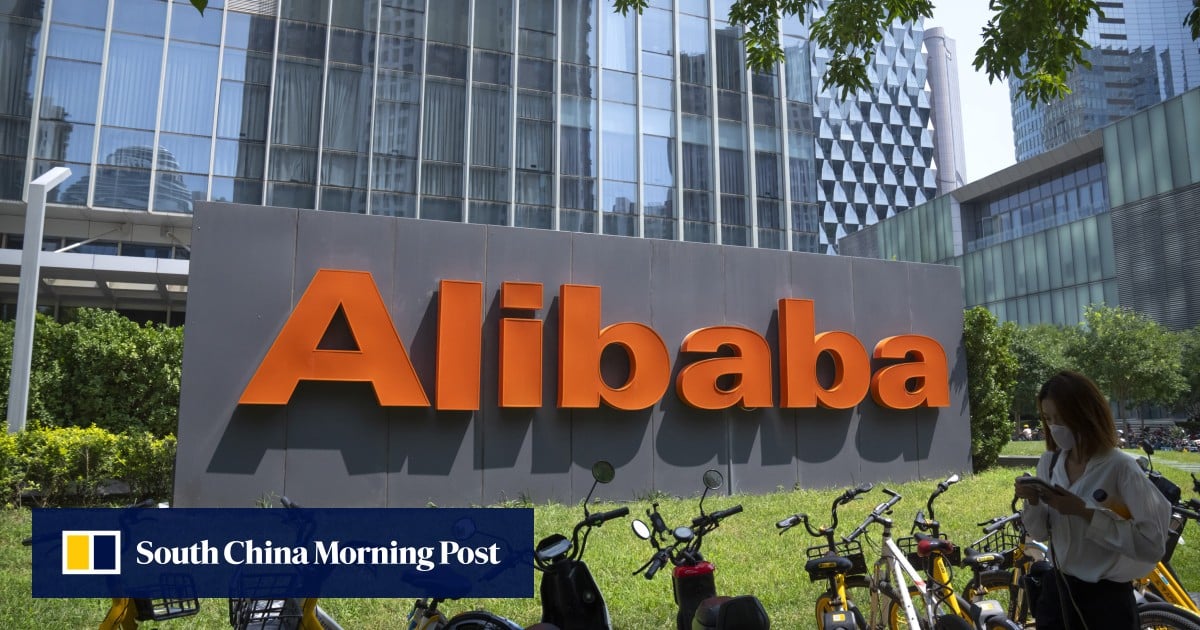Alibaba’s Taobao cuts fees for merchants and subsidises content as it seeks to protect its market lead, reports say
Taobao, the main e-commerce platform of Alibaba Group Holding, has decided to increase subsidies and cut fees for merchants as China’s largest online marketplace moves to defend its lead amid increasing competition, according to local media reports.
The moves came at a time when Alibaba is refocusing its resources on its core operations to fend off rivals including PDD Holdings, Kuaishou Technology and ByteDance-owned Douyin, the Chinese version of TikTok. Douyin launched a stand-alone shopping app, Douyin Mall, for Android users in China this week.
Tabao said it will provide 10 billion yuan (US$1.38 billion) of cash to subsidise content creation, such as live streaming and short videos, on the platform in 2024, Cheng Daofang, general manager of Taobao and Tmall Group’s e-commerce content unit, said at an event on Thursday.
AliExpress hopes to crack European market with Euro2024 football sponsorship
AliExpress hopes to crack European market with Euro2024 football sponsorship
Separately, Taobao announced on Wednesday it would launch a number of merchant-friendly initiatives from April, including waiving the fee for a support service called “business adviser”.
Alibaba vowed in February that it would increase its focus on two core businesses – e-commerce and cloud computing – in the wake of a sweeping restructuring announced a year ago. Alibaba owns the South China Morning Post.
In addition, Taobao will cancel fees for two other services – an artificial intelligence (AI) customer service chatbot for merchants with less than 2,000 customers a day and a photo storage service with a capacity of up to 30 gigabytes.
“Business adviser”, launched in 2011, was initially a data tool for Alibaba’s business-to-business platforms. It started to be applied to Taobao in 2013 and later became an essential tool for Taobao merchants to operate their online stores.
The fee waivers have now been expanded across all functions of the tool, including a “market insight” function that provides data support for merchants to improve operational efficiency.
Alibaba has been integrating the services of its online wholesale marketplace 1688 with Taobao, starting with three online stores under the 1688 name, as the company continues to consolidate assets and gain new users.
Growth in Alibaba’s core businesses has slowed in recent quarters. The company reported lower-than-expected earnings in the December quarter, as Taobao and Tmall Group saw its revenue grow 2 per cent year-on-year, slower than the 5 per cent for the whole Alibaba Group.







